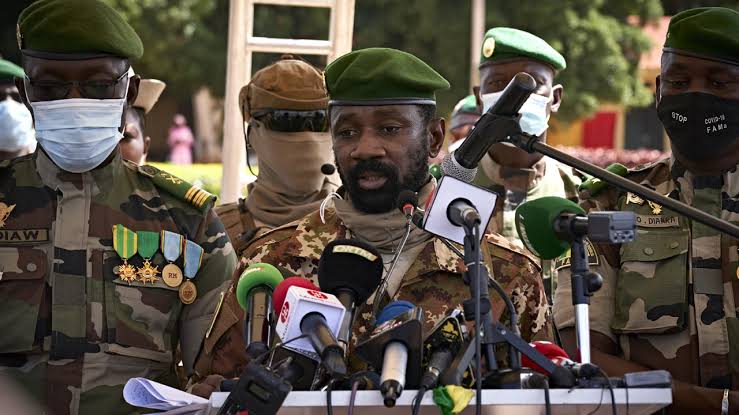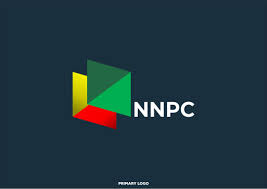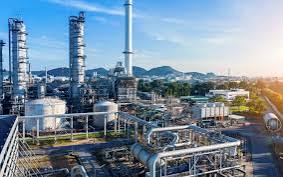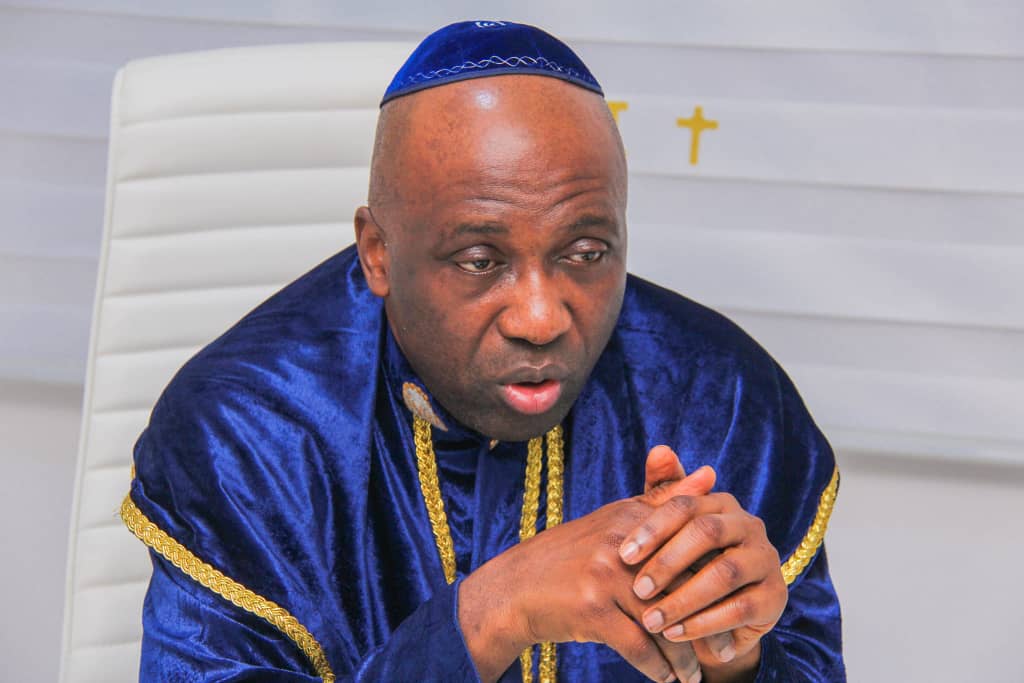Oil and Gas
Primate Ayodele’s Prophecy Fulfilled As Mali Junta Postpones Presidential Election

Primate Ayodele’s Prophecy Fulfilled As Mali Junta Postpones Presidential Election
Sahara Weekly Reports That The presidential election planned for February in the military-ruled West African state of Mali has to be postponed “for technical reasons”, the transitional government announced on Monday.
The junta cited the updating of the electoral roll and problems with a census database following a dispute with the operating company as reasons.
This is another fulfillment of Primate Ayodele’s prophecy which he shared last year in a popular newspaper.
According to the prophet, the transition to civilian government will not be realistic in Mali. He made it known that there will be a crisis in the country and that the country will be sanctioned.
These were his words
“Another crisis will upturn the present transition in Mali, 18 months is not realistic and the country will face a major sanction, the leader should watch out for his health.”
(https://theeagleonline.com.ng/primate-ayodele-releases-fresh-prophecies-for-13-african-countries/)
The announcement by the military junta to postpone the election has confirmed the prophecy of Primate Ayodele.
Primate Ayodele has a record of fulfilled prophecies globally and Mali is one of the countries where he has been celebrated for foretelling significant events that has taken place there. It would be recalled that the military coup that ousted the civilian government was foretold by Primate Ayodele long before it happened.
When the junta leader, Colonel Assimi Goïta got into power, Primate Ayodele warned him to be careful of his movement as he foresees an assassination attempt on his life. This came to pass in 2021 when He was stabbed while praying in the mosque.
It would also be recalled that the Junta survived an attempted coup in 2022. This was also foretold by Primate Ayodele beforehand as he warned Colonel Goita to be careful because there will be attempts to destabilize his government.
These were his words
“The new Mali president will be working under serious pressure just for him not to extend his tenure, He will want to do better but let them pray against troubles, turmoil and attack. The president must watch his movement because rebels will want to destabilize his government. The junta of the military will need to call for the support of the international community,’’
There is still more to be heard concerning Mali from the global prophet and whether or not democracy will return to the country, Primate Ayodele will reveal in the coming days.
Oil and Gas
Group Condemns Fake News Campaign Targeting NNPCL Chief, Warns of Plot to Disrupt Energy Sector

Group Condemns Fake News Campaign Targeting NNPCL Chief, Warns of Plot to Disrupt Energy Sector
The Situation Room on Positive Reforms has raised an alarm over a malicious fake campaign targeting the Group Chief Executive Officer of the Nigerian National Petroleum Company Limited (NNPC Ltd.), Mr. Bashir Ojulari.
The group alleges that detractors are spreading false claims about Ojulari’s resignation in a deliberate attempt to destabilize Nigeria’s energy sector and undermine the administration of President Bola Ahmed Tinubu.
In a statement signed by Dr Collins Atawodi, the group condemned the fabricated reports, which falsely claimed that the Presidency forced Ojulari to resign.
The Situation Room on Positive Reforms described the fake news as a calculated plot to disrupt Nigeria’s energy supply, potentially triggering fuel shortages, reintroducing fuel queues, and inciting widespread unrest.
The group pointed to Ojulari’s recent achievements, including his efforts to reform the nation’s refineries and recover revenue previously tied up by questionable deals with international oil companies (IOCs).
These successes, the group suggests, may have provoked the wave of false accusations aimed at discrediting him.
“This malicious lie is the work of enemies of President Tinubu, who are desperate to discredit his administration and halt the progress of recent reforms,” said Dr. Collins Atawodi.
“Mr. Ojulari’s refusal to engage in corrupt practices and his commitment to transparency in managing oil revenue have made him a target of those who profited from the mismanagement of NNPCL in the past.”
The group praised Ojulari’s leadership, noting his dedication to increasing national revenue and implementing reforms at NNPCL.
They urged the Presidency to stand by Ojulari and protect him from those seeking to derail his efforts. “Allowing his opponents to succeed would set Nigeria back and reduce NNPCL to a drain on resources,” the statement warned.
The Situation Room also called on media organizations to strengthen their gatekeeping to prevent the spread of fake news, which they argue risks discrediting the media and fueling public unrest.
“Those opposing Mr. Ojulari’s reforms will do everything to protect their illicit financial flows, but they have no right to halt Nigeria’s progress,” Atawodi added.
The group concluded by demanding that those behind the smear campaign cease their efforts and allow Ojulari to continue his work for the benefit of the nation. “Enough is enough,” the statement declared.
Oil and Gas
CEGA Hails Approval of 37 New Crude Oil Routes, Says NUPRC Is Winning the War Against Oil Theft

CEGA Hails Approval of 37 New Crude Oil Routes, Says NUPRC Is Winning the War Against Oil Theft
The Centre for Energy Governance and Accountability (CEGA) has commended the Nigerian Upstream Petroleum Regulatory Commission (NUPRC) for securing federal government approval of 37 new crude oil evacuation routes as part of a broader strategy to curb oil theft, deepen transparency, and revive Nigeria’s oil production.
Gbenga Komolafe, chief executive of NUPRC, had on Tuesday at the 2025 Nigeria Oil and Gas (NOG) Energy Week in Abuja announced the new routes and provided updates on sector-wide reforms designed to reposition Nigeria’s upstream industry for resilience and global competitiveness. He said the commission’s alignment with the armed forces and security agencies has also helped protect critical oil infrastructure.
In a statement on Sunday, CEGA described the development as “a major milestone” in Nigeria’s decades-long struggle with oil theft and revenue losses, and praised Komolafe for “translating policy into measurable results.”
“The approval of 37 new evacuation routes is not just a bureaucratic adjustment—it is a strategic intervention in a sector that bleeds billions annually. This move signals seriousness in plugging leakages and restoring investor confidence,” said Dr Kelvin Sotonye Williams, executive director of CEGA.
Dr Williams said Komolafe’s leadership at NUPRC has helped stabilise a regulatory environment that had, until the passage of the Petroleum Industry Act (PIA) in 2021, been plagued by uncertainty and opacity.
He said the results are already becoming evident with the $16 billion investment commitments secured under the Tinubu administration in just two years.
“These are not paper promises. These are real inflows driven by clarity of vision, regulatory consistency, and aggressive digitisation,” Williams said.
He also praised the commission’s One Million Barrels Initiative, which aims to ramp up daily production from the current 1.7 million barrels per day (bpd) to 2.5 million bpd by 2026. Komolafe said the strategy was launched in 2024 and is yielding results by reviving dormant fields, accelerating project approvals, and eliminating bottlenecks in the upstream licensing regime.
According to CEGA, raising production is the clearest route to energy security and fiscal independence, especially in an era when global upstream investment needs to reach $640 billion annually to meet demand projections through 2030.
“Komolafe is correct to warn that failure to invest in supply will threaten global and regional stability. Nigeria’s oil reserves are a strategic asset that must be optimally managed, not underutilised,” the CEGA executive director said.
He also highlighted the commission’s HostComply initiative, which ensures real-time compliance with host community obligations under the PIA, as a major factor in securing the social license to operate in restive oil-producing regions.
“Peace cannot be sustained by rhetoric. The HostComply platform makes social obligations traceable and measurable, which is vital to trust-building in the Niger Delta,” Dr Williams said.
He added that CEGA was particularly encouraged by NUPRC’s integration of environmental accountability into its upstream policies, including support for Nigeria’s 2060 net-zero target.
“The transition to clean energy does not mean abandoning oil and gas. It means producing cleaner, more responsibly, and reinvesting in long-term energy security. The commission’s reforms reflect this balance,” he said.
CEGA called on all stakeholders, including state-owned and private operators, to align with the commission’s vision and commit to ethical, climate-conscious operations.
“With Komolafe at the helm, the NUPRC is clearly not content with the status quo. They are thinking beyond survival; they are working towards transformation,” Williams said.
The group urged the federal government to continue supporting the reforms by insulating the regulatory space from political interference and ensuring that executive orders—such as those on local content and cost-efficiency—are enforced consistently.
“As long as this reform momentum is sustained, the Nigerian upstream sector will not only recover—it will lead Africa’s next wave of responsible fossil fuel development,” CEGA stated.
Oil and Gas
Energy Group Knocks PETROAN, Accuses Marketers of Sabotaging Petroleum Sector Reforms

Energy Group Knocks PETROAN, Accuses Marketers of Sabotaging Petroleum Sector Reforms
The Centre for Oil Sector Accountability and Reform (COSAR) has dismissed claims by the Petroleum Products Retail Outlets Owners Association of Nigeria (PETROAN) that Dangote Refinery’s business model poses a threat to competition and employment in the downstream petroleum sector.
In a detailed statement issued on Monday by Dr Raymond Osaremen Okojie, president of COSAR, the group said PETROAN’s criticisms of the refinery’s adoption of a forward integration strategy and its planned use of a private sector equalization system reflect a fundamental misunderstanding of free-market economics.
“The recent statement credited to PETROAN on the impact of the introduction of a private equalization fund betrays the very ethos of running a free market,” Dr Okojie said.
“What Dangote is offering is a private sector equivalent of the petroleum equalization fund that was established in 1975 by General Yakubu Gowon, amended in 1989 by General IBB, and modified into bridging allowances in 2021.”
He explained that the refinery’s pricing model will foster uniformity in fuel pricing across the country, enabling better inflation tracking and more accurate determination of fuel consumption.
“This equalization fund will not only create a uniform pricing regime for PMS across Nigeria, which will help the NBS model the CPI basket for inflation for the share contributed by the energy basket, it will help the government find a forward curve for the actual daily consumption numbers that the government has struggled with discovering for over 40 years,” he said.
Okojie dismissed claims that Dangote Refinery would drive modular refineries out of business, insisting that no competition currently exists between them in the production of Premium Motor Spirit (PMS).
“The Dangote Refinery is not in competition with modular refineries because modular refineries do not produce PMS. As we speak, none of the modular refineries are able to produce PMS because they lack a catalytic converter or a catalytic reforming unit to process higher distillates like PMS,” he said.
On the question of job displacement, the group countered PETROAN’s assertions, arguing that the refinery will create more employment opportunities than it threatens.
“Dangote is going to employ 4,000 truck drivers and mechanics, and deploy mother stations for compressed natural gas under the government’s gas-to-transport initiative for engines with displacement of more than 2,000 CC,” Okojie said.
“Those 4,000 jobs and all the supporting redundancies will not only create employment, it will also reduce the carbon footprints that are emitted from carbon monoxide gases when fossil fuel trucks are fired for transportation.”
He added that the model presents unique advantages for filling station operators.
“This is to the benefit of station owners, because not only do they get lifted of the burden of assuming haulage risks and costs from Dangote delivering to them Cost, Insurance and Freight (CIF), they also have a financing window from the refiner. There’s nowhere in the world where a refiner offers downstream station owners credit facility to take products,” he declared.
Okojie accused elements in the current supply chain of resisting change in order to protect vested interests that have long exploited inefficiencies in the downstream petroleum sector.
“The lobby complaining are people not interested in serving the needs of Nigerians, but layering systems cost from landing to distribution,” he said.
“For decades, we have seen cartels emerge from offshore blending plants, to shipping tanker owners, to depot owners, to truck drivers, that have fixed the price of white transportation fuels, delivered sub-par standard products for Nigerians, violated the provisions of the PIA, falsified landing numbers to justify the lifting of the crude oil feedstock used for swaps, and falsified the daily consumption numbers.”
He maintained that the emergence of a well-capitalised local refiner signals the end of an era of arbitrage, unaccountable supply practices, and fuel subsidies built on opaque numbers.
“The marketers have a choice to either fall in line with the evolution of the markets or form a consortium and contribute their offshore savings towards building their own refinery to compete. The era of swaps, arbitrage, layering of systems costs is gone — welcome to capitalism.”
Dangote Refinery, Africa’s largest, has a refining capacity of 650,000 barrels per day and is expected to supply Nigeria’s domestic fuel needs while exporting excess products.
Its direct delivery model and investment in gas-powered logistics infrastructure mark a shift toward vertically integrated fuel supply chains.
-

 celebrity radar - gossips6 months ago
celebrity radar - gossips6 months agoWhy Babangida’s Hilltop Home Became Nigeria’s Political “Mecca”
-

 society6 months ago
society6 months agoPower is a Loan, Not a Possession: The Sacred Duty of Planting People
-

 society5 months ago
society5 months agoReligion: Africa’s Oldest Weapon of Enslavement and the Forgotten Truth
-

 news6 months ago
news6 months agoTHE APPOINTMENT OF WASIU AYINDE BY THE FEDERAL GOVERNMENT AS AN AMBASSADOR SOUNDS EMBARRASSING









